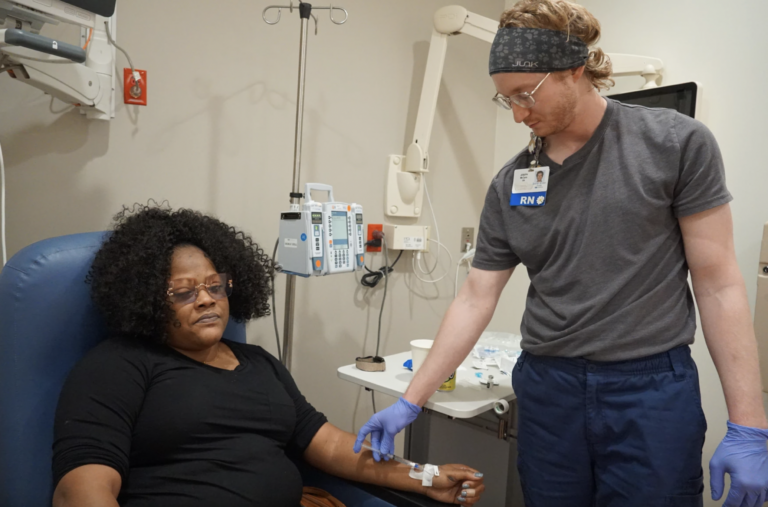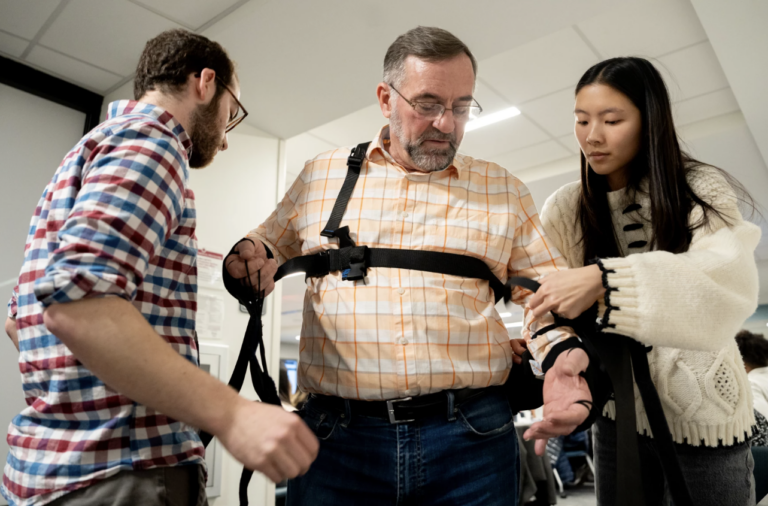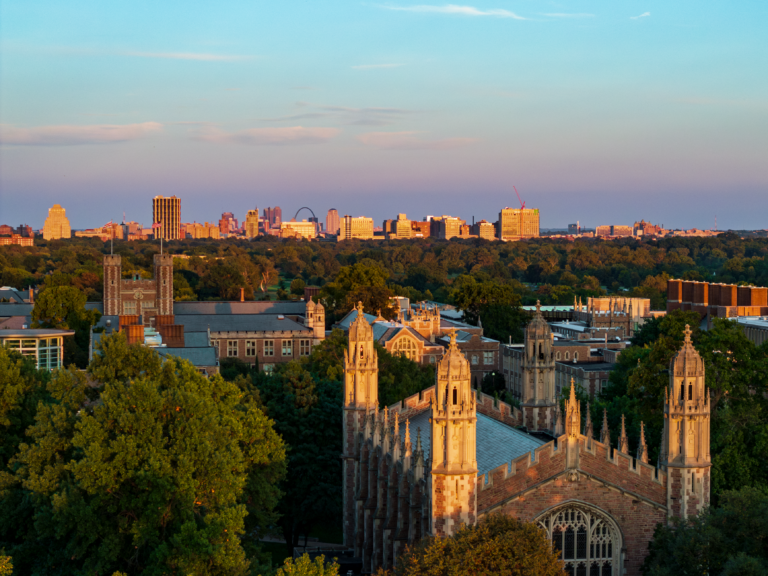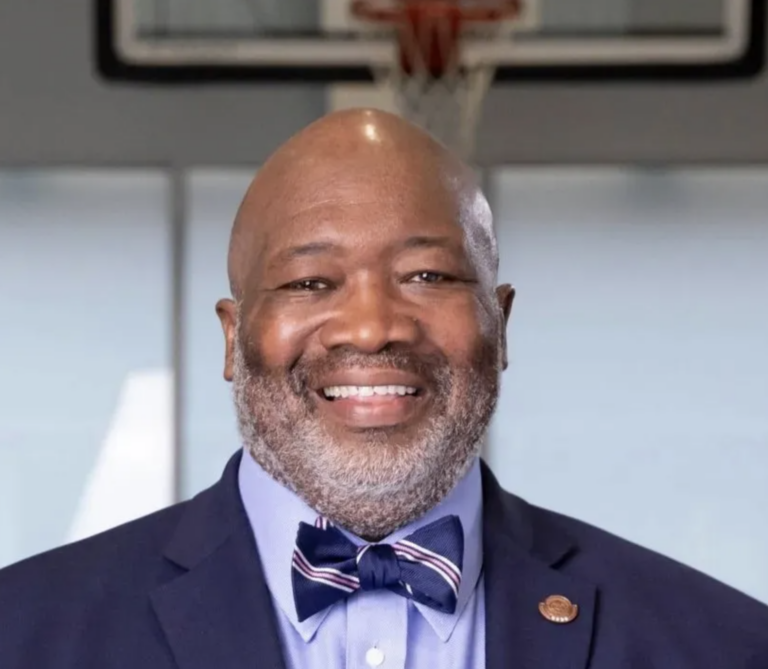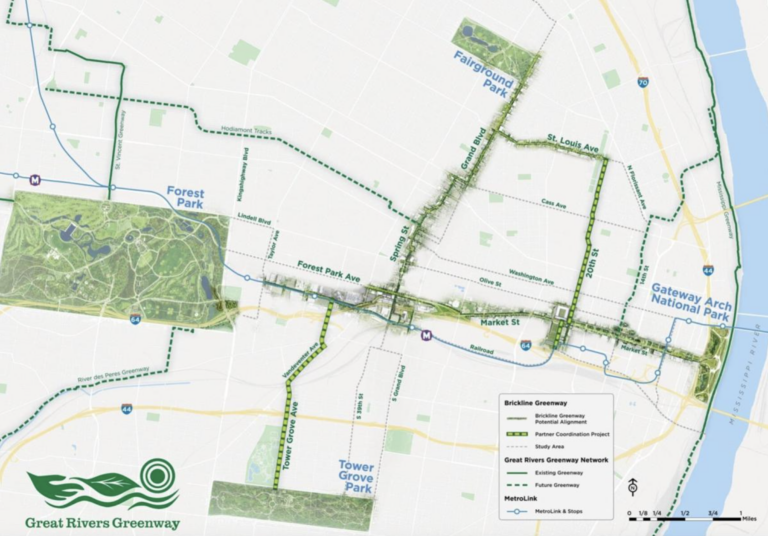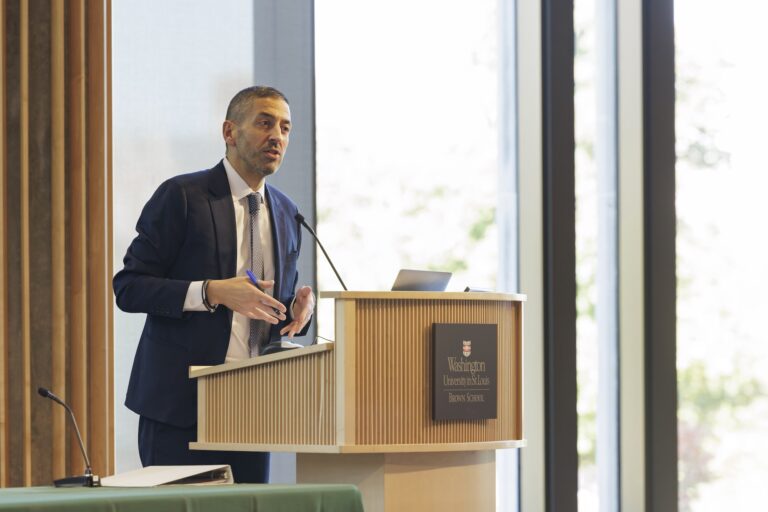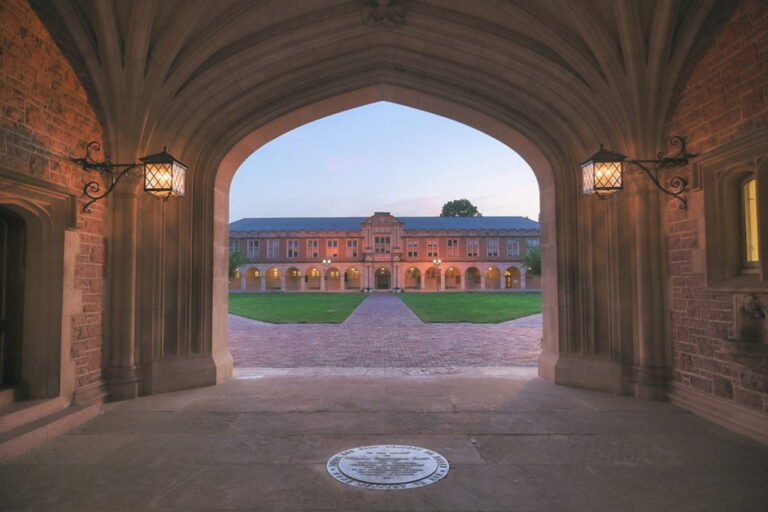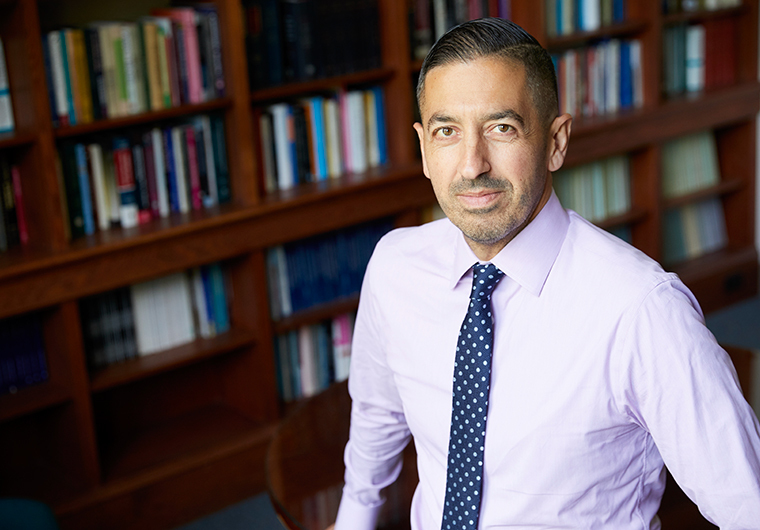St. Louis Business 500: Q&A with Andrew Martin, Washington University
WashU has evolved dramatically on Andrew Martin’s watch, and its School of Continuing & Professional Studies is a prime example. By reimagining the school to allow for an easier entry point, WashU hopes to provide direct paths to higher-paying careers, while also helping companies across the region develop and retain talent in some of the most high-demand sectors. All told, Martin believes it’s an exciting time to work in higher education. “There’s so much potential to build upon and expand on long-standing partnerships, establish new ones, and activate the talents of our students and faculty in service to and alongside our region,” he says.
Wash U student study explores sickle cell impact on thinking
In addition to the prolonged pain and suffering endured by sickle cell patients, a Washington University School of Medicine study has concluded that there could be a significant impact on cognitive thinking. More than 200 young, Black adults with and without sickle cell disease, living in St. Louis and the surrounding region in eastern Missouri and southwestern Illinois, participated in brain MRI scans and cognitive tests as part of the study.
WashU students invent new adaptive tech during 10-day Make-a-Thon blitz
The Washington University Make-a-Thon is an event in its second year in which WashU students design and produce a prototype of a functional tech device for people with disabilities. People from different fields work together to create a product for a person with a disability, said Marit Watson, an occupational therapy professor at the university.
Guest column: WashU puts investments, efforts where it lives
Washington University is known far and wide as a top notch place to go to college. But here in our hometown, you call us WashU, and you know us not just as a great school, but as the place to go when you need answers to complicated medical questions – like you did about 2.5 million times in 2024 – or when you’re looking for a meaningful job with great benefits – like 22,000 of your neighbors have done.
Flint Fowler honored with Rosa L. Parks award
Flint Fowler, a Washington University alumnus, received the annual Rosa L. Parks Award at the 38th annual Dr. Martin Luther King Jr. Commemoration on Monday, Jan. 20.
BJC, Washington U. each donate $5 million to Brickline Greenway project
BJC Health System and Washington University have each donated $5 million to the Brickline Greenway project, the 10-mile biking and walking trail system that officials hope to extend across the city over the next few years. Great Rivers Greenway, which is overseeing the project, said the contributions have pushed the $245 million public-private partnership past the halfway-funded mark.
A conversation with Sandro Galea: Inaugural dean of WashU School of Public Health
Public health education in St. Louis is on the brink of transformative growth. The Washington University School of Public Health, slated to open in 2026, will mark the university’s first new school in a century and signal a major shift in how public health research and community engagement will be organized on campus.
St. Louis-native who currently attends Washington University helps brings NAACP chapter to school
St. Louis has been home to a branch of the NAACP for more than a century. While the organization has had a presence on many university campuses, it’s launching it’s first chapter at Washington University in St. Louis this year.
Washington University launching first new school in a century
Washington University in St. Louis is preparing to launch its first new school in a century: the school of public health. Dr. Sandro Galea, the dean of the school of public health, says public health is many things from pandemics, infectious disease, to chronic disease and mental health. “What distinguishes public health is that we think about how we can structure the world to keep us healthy for as long as possible to prevent disease,” said Galea on ‘Total Information A.M.’
BJC Health System, Washington University in St. Louis, and Greater St. Louis, Inc. Provide Major Support to Brickline Greenway
Brickline Greenway is kicking off 2025 with three huge wins! Great Rivers Greenway (GRG), the public agency connecting the region with greenways who turns 25 this year, has received a major boost to support the project’s vision to connect 14 neighborhoods with 12+ miles of greenways. Significant investments from both BJC Health System (BJC) and Washington University in St. Louis (WashU) push the $245 million public-private partnership past the halfway-funded mark, as well as provide critical match for future federal funding applications. Greater St. Louis, Inc. (GSL) stepped up its commitment by forming a working group of CEOs to support capital campaign efforts, further ensuring success for the project in 2025.

